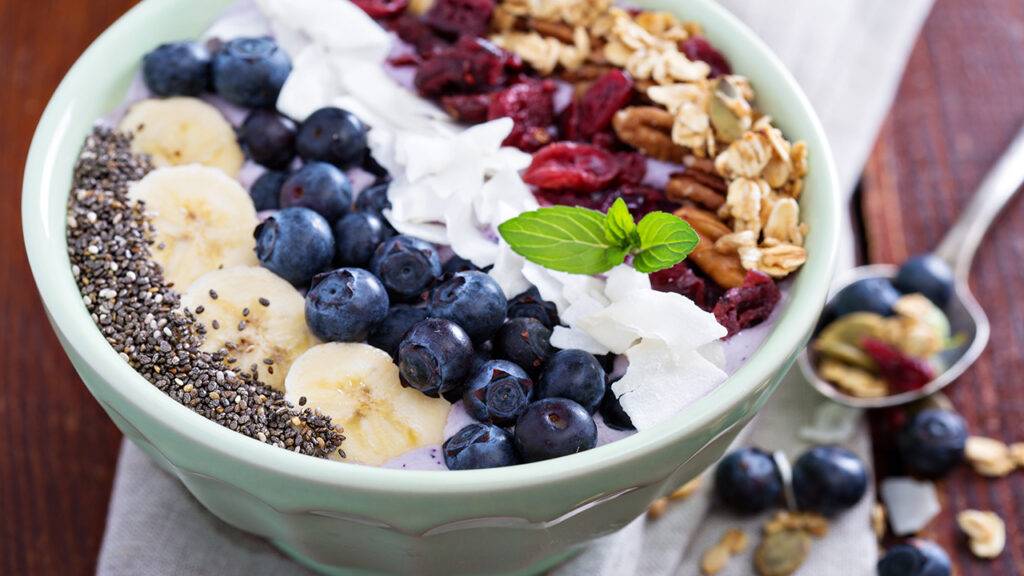10 Essential foods your child should consume

Your child should consume many essential foods to ensure he or she is getting the appropriate nutrients for healthy development. This list includes critical nutrients such as protein, vitamins, and minerals that are necessary for a variety of functions within the body. Here are ten essential foods your child should be eating regularly.
Check out The Kitchen Community for creative ways to implement these ten essential foods into your child’s diet. Continue reading to learn more.
Whole grains
As any parent knows, getting kids to eat healthy food can be challenging. However, some foods are so essential to growing bodies that they can’t be ignored. Whole grains are one of those foods. Not only do they provide the complex carbohydrates that growing bodies need for energy, but they also contain essential vitamins, minerals, and fiber.
Perhaps most importantly, whole grains help to promote a healthy digestive system. So, the next time your child turns up their nose at a bowl of oatmeal or a whole wheat sandwich, remember that these foods are essential for their health and growth.
Protein-rich foods
As a parent, you want your child to grow healthy and strong. One of the most important things you can do is ensure they’re getting enough protein. Protein is essential for cell growth and repair and helps build and maintain muscle mass. Additionally, protein is a crucial energy source, which is especially important for growing children. Your child can eat various protein-rich foods, including beans, nuts, and seeds.
You can also find protein powders and bars specifically designed for children. By ensuring your child gets enough protein, you’re giving them the foundation they need to grow and thrive.
Fruits and vegetables
Fruits and vegetables are an essential part of any healthy diet, but they’re essential for children. The vitamins and minerals found in fruits and vegetables help ensure your child’s body gets the nutrients it needs to grow and develop properly. Additionally, fruits and vegetables are a great source of fiber, which helps to keep them full and energized throughout the day.
Encourage your child to try all different kinds of fruits and vegetables, from bananas and apples to broccoli and kale. The more variety they get in their diet, the better.
Dairy products
Dairy products are an essential part of any balanced diet. They provide essential nutrients such as calcium, protein, and vitamins A and D, and they also contain beneficial bacteria that help promote a healthy digestive system. Dairy foods like milk, yogurt, cheese, and cottage cheese should be included in your child’s diet daily.
When choosing dairy products, opt for low-fat or fat-free versions whenever possible. It will help ensure your child gets all the health benefits without excess calories.

Healthy fats and oils
It’s important to remember that not all fats and oils are created equal. Certain types of fat, such as trans fats and saturated fats, can be unhealthy in high amounts. On the other hand, healthy fats and oils like olive oil, avocado oil, coconut oil, nuts, and nut butter provide essential fatty acids your child needs for growth and development.
These healthy fats and oils are essential energy sources, so include them in your child’s diet. Remember to keep it moderate – too much fat can lead to excess weight gain.
Nuts and seeds
Nuts and seeds are excellent sources of protein, healthy fats, vitamins, and minerals. They’re also incredibly versatile – add them to salads, oatmeal, yogurt, or smoothies for an extra nutrient boost. And because they’re small and easy to carry around, they make a great snack on the go.
Legumes
Legumes, such as beans and lentils, are another great source of protein and fiber. They can be used in various dishes, from soups and stews to salads and veggie burgers. Legumes are also a good source of iron – an essential mineral for growing children.
Fish
Fish is an excellent source of omega-3 fatty acids essential for a healthy brain and eyesight. Foods like salmon, tuna, mackerel, and sardines are all excellent options. Try to incorporate fish into your child’s diet at least twice a week. Fish is excellent for kids because it’s usually mild-tasting and easy to digest. If your child doesn’t like the fish taste, try giving them canned tuna or salmon in a sandwich or wrap.
Eggs
Eggs are a great source of protein, vitamins, and minerals, and they’re also packed with healthy fats, which makes them an ideal breakfast choice. Hard-boiled eggs are a great snack option, too – they’re easy to make and last for several days in the fridge.
Eggs also make an excellent base for homemade dishes like frittatas and omelets. Just be sure to watch the amount of added salt, cheese, and other toppings you add to keep it healthy.
Leafy greens
Leafy greens are essential to any healthy diet, packed with vitamins, minerals, fiber, and antioxidants. The list goes on: kale, spinach, lettuce, Swiss chard, and collards. Encourage your child to try different greens at least a few times weekly. They can be added to salads, sandwiches, smoothies, soups, or even scrambled eggs.





Leave a Comment